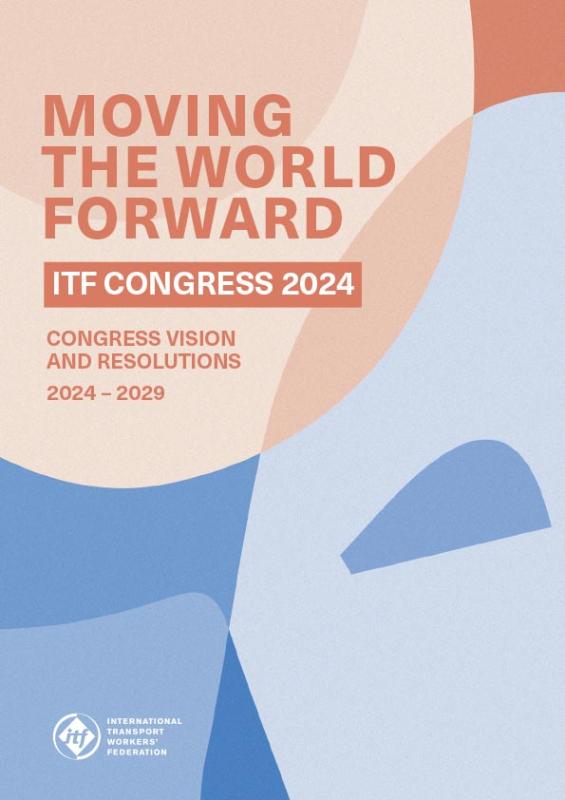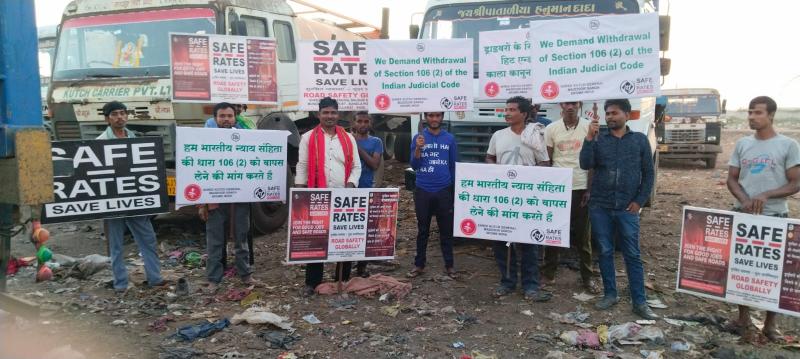Economic pressures caused by the concentration of power at the top of extended contracting chains, low-cost tendering practices, and low rates of pay are widespread in the road transport industry globally. These pressures not only have a significant impact on the livelihood and quality of life of truck drivers and their families, but also adversely affect safety for all road users by incentivising drivers to engage in dangerous on-road practices such as driving while fatigued, speeding, and overloading their vehicles. A key question emerges: Who bears the responsibility for addressing these structural problems, which impact road safety, drivers’ working conditions and fair payment? And what is the best method for ensuring these actors are held accountable? This working paper seeks to answer these questions, taking as a key reference the Safe Rates system in South Korea and similar systems in other countries.








